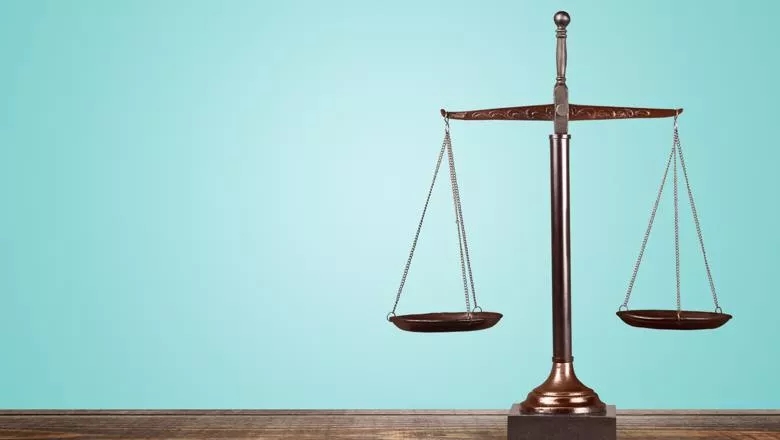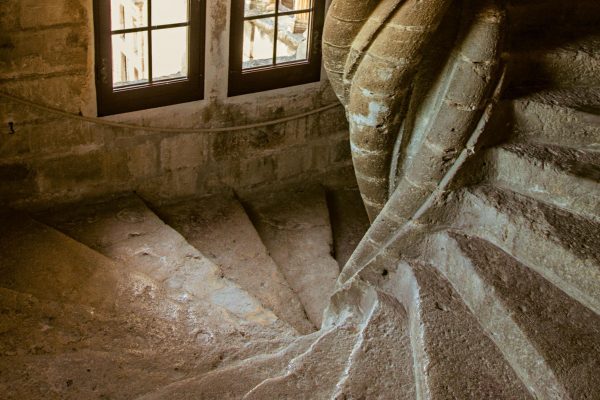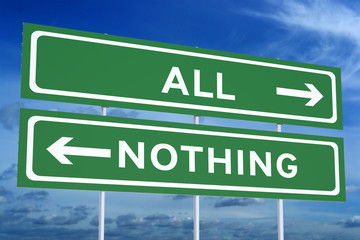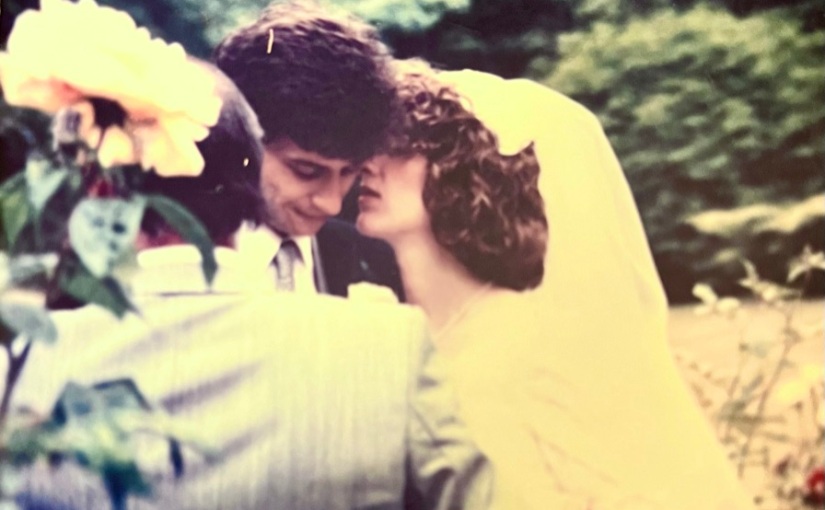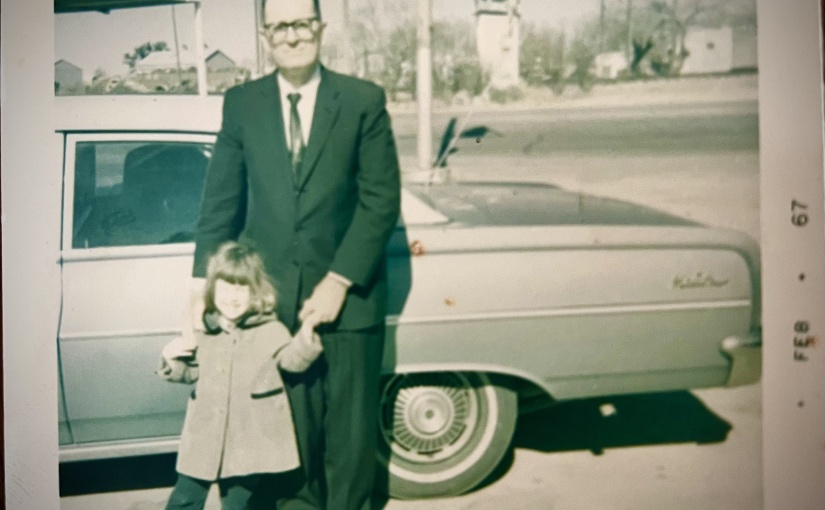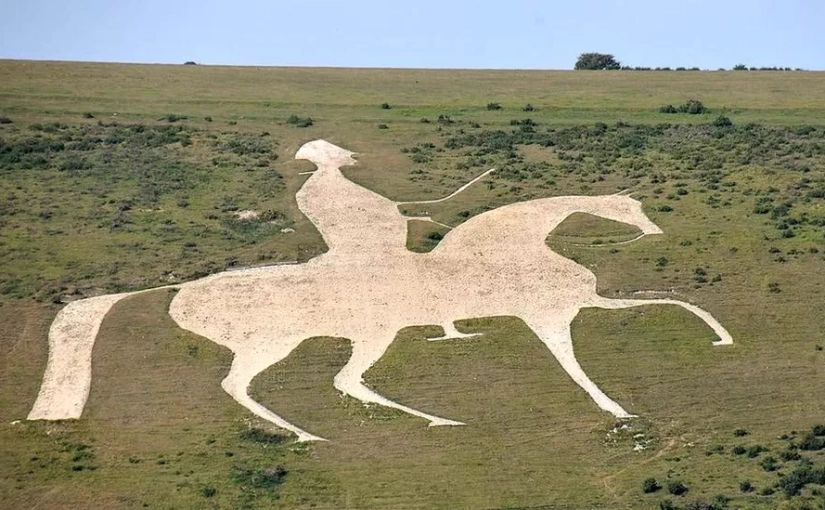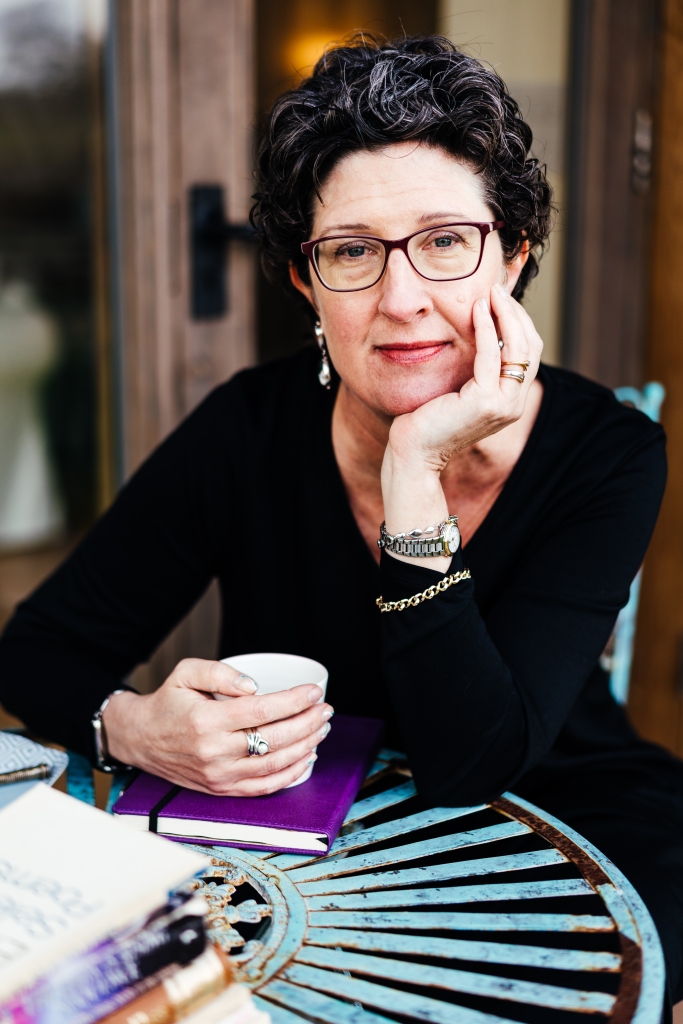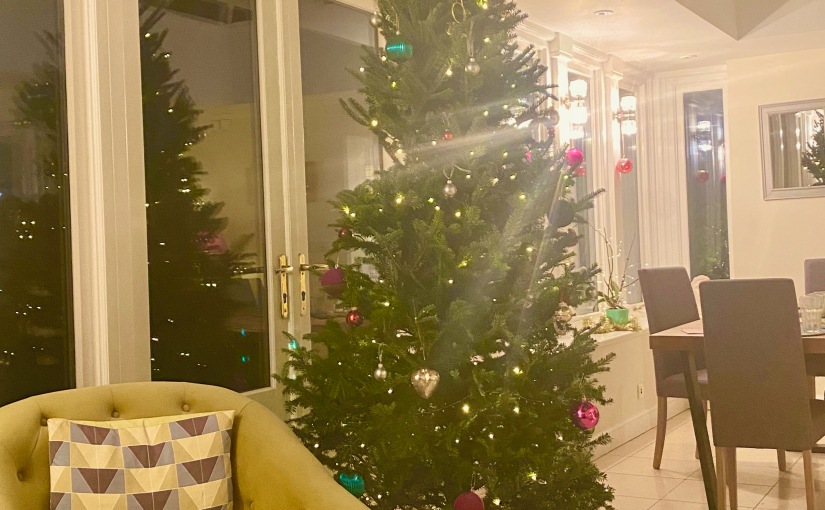Over on Twitter (X now, yuck) I’ve been in conversation with writer and activist Elizabeth Shane about hypervigilance. I suspect that this kind of alertness to surroundings, to approaching/imagined danger is extremely common in survivors, if not universal.
I explore how hypervigilance affects so many areas of my life in another post, on expecting disaster.
In this same post, I mention that my elder son was diagnosed with Type 1 diabetes. This happened when he was 12. My hypervigilance meant that he was never in danger (unlike so many at diagnosis) — but this reality did not stop me from the crashing feeling that somehow I had not done enough: I had not kept him safe from harm.
When E was diagnosed, my world collapsed. I remember leaving him in hospital and coming home that first night, sobbing uncontrollably into his pillow. This remains the sharpest and most wrenching grief I have ever experienced. I remember what I was feeling: how can this happen when I have tried so hard? I have made it through everything life handed to me — why make my boy suffer too? I knew beyond doubt that he would suffer. That he was watching his life change on a dime, forever, and there was nothing any of us could do about it.
Type 1 diabetes is a life-threatening, completely life-changing, autoimmune condition. Developing it has nothing to do with diet or environment; the propensity is likely hard-wired, which means that it’s inevitable in some people. Type 1 is most often diagnosed in young people, and there are millions of families around the globe who face this particular grief — the grief of their child losing a carefree life, losing aspects of their childhood. From then on, every bit of food, every outing — and for several years, every night — is dominated by blood sugar readings, 24/7. From that moment, we could never just ‘jump in the car’ or ‘just go for a walk’. Everything had to be planned. Everything changed. This is the way it is for every family. It’s an intense, encompassing grief for the life we can never have again.
Four years later, also at age 12, our second son evidenced another chronic condition, hEDS (which, it turns out, I have too). He suffered an intractable knee dislocation which sent him miles in an ambulance to the hospital, having to bear excruciating pain. For eight years afterward, until we located a good surgeon, he lurched from crisis to crisis, emergency to emergency, pain to pain. As is common, he has numerous other chronic co-morbidities from hEDS. His life too had been turned upside down. Again: I had hoped to have one child with an ‘unencumbered’ life — but this was not to be. It took a long time for me to accept that I couldn’t ‘save’ him either, that I couldn’t make everything better. Let me at least make his life lighter.
I had wanted my own early suffering to be worth something. To matter. I wanted those difficult years to ‘count’ in the balancing out of Good and Bad. I had endured the Bad; surely now my children were due the Good?
The truth is: there are no scales of justice. Living through abuse does not mean that later life will be free of more bad luck. There is no such thing as ‘getting what you deserve’. Life doesn’t work like that, either for good or ill. We all know that finding our way through the lifelong damage of abuse is not counterbalanced by our abusers suffering in kind. The huge majority of abusers are never brought to account, either formally or informally. Whereas we, we all know, continue to pay the price they never pay.
When first one then the other of my two children had to face their life-long disabilities, I had to face that the neglect and sexual abuse of my early life did not somehow secure their wellbeing. I had to face that life never was and never has been fair. And that I had suffered for no apparent reason. For a long time, this realisation tore me apart. I had so wanted — so wanted — everything now, after my childhood and young life — to be just fine. To have borne what I did so I could accumulate Good Things for the future.
Over time I guess that I have learned — we have learned — to live with injustice, to navigate it. It’s been a necessary lesson. To value where we are now — rather than look for a time when we will be free of all this. None of us have had it ‘easy’, whatever that means. (I tend to think no one has it ‘easy’.) But somehow, through everything, we have cultivated genuine love. Genuine kindness. Genuine and fierce ties that bind us together, even when stretched over thousands of miles. I’m proud of us. The cost at times still feels immense — the grief bottomless, the suffering of no real use — but we got here, and for that I will be forever grateful.
